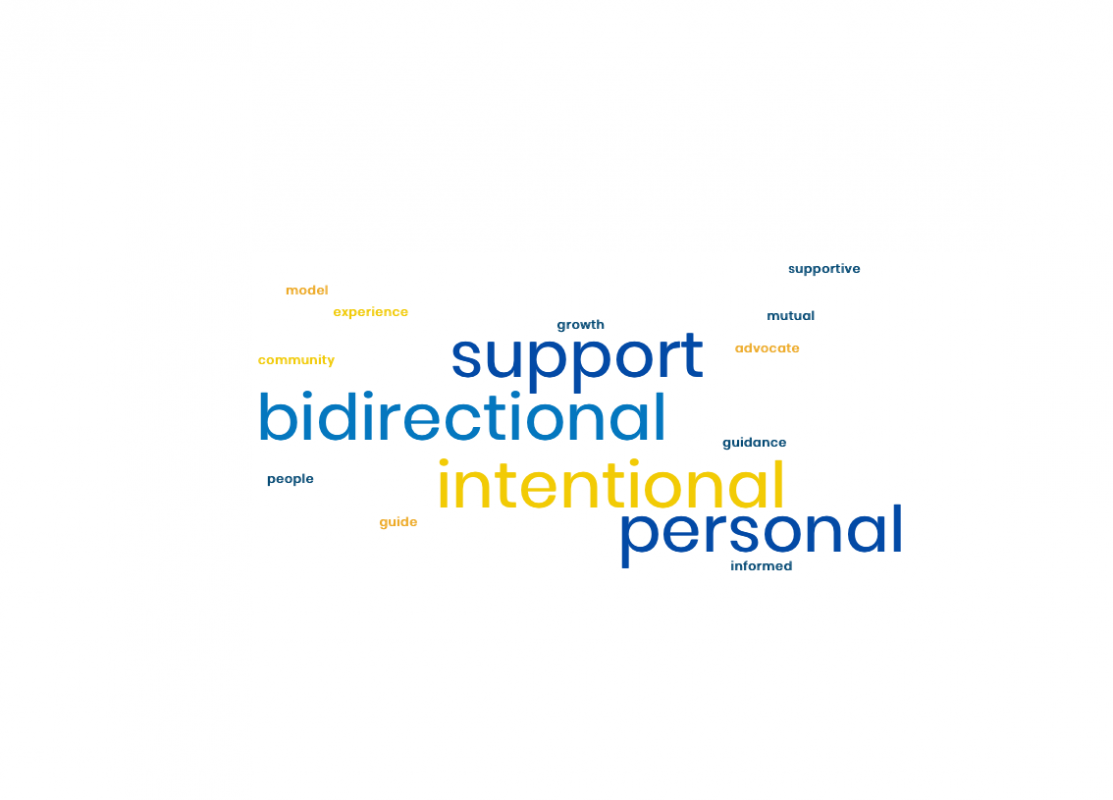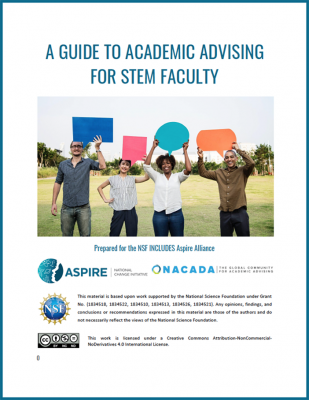MENTORING RESOURCES
“Mentorship is a professional, working alliance in which individuals work together over time to support the personal and professional growth, development, and success of the relational partners through the provision of career and psychosocial support.”
– From the National Academies, “The Science of Effective Mentorship in STEMM”



